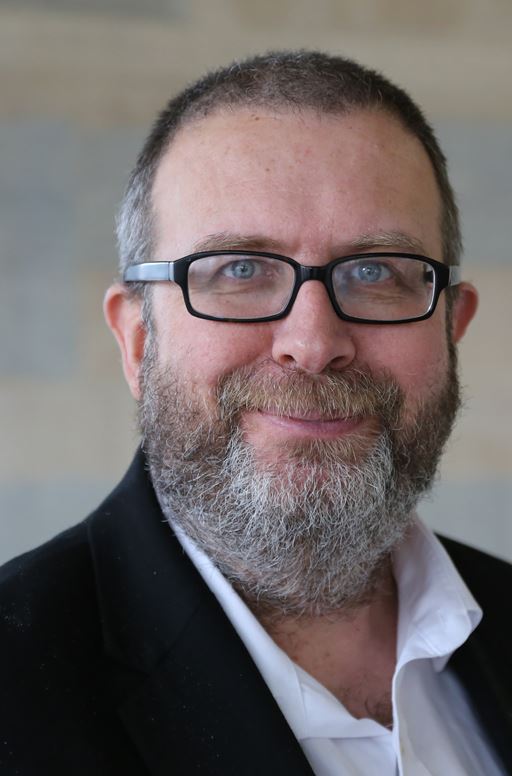Essex social scientists address public health challenges of the future
-
Date
Thu 1 Aug 19

The University of Essex has hosted an event in conjunction with Public Health England to find solutions to future public health challenges, such as ageing, social isolation and mental health.
The Public Health Challenge Lab was the fifth in the Essex Challenge Lab series, in which key external organisations lay out what they see as the demands or challenges facing their sector in the future, before asking assembled teams of academics and practitioners to work together to develop innovative real-world solutions to those challenges.
The two-day Lab culminates in the teams pitching their project to a panel of funders in order to secure the resources to start working on their solutions.
Public Health England was one of the organisations who identified the challenges at the recent Lab and our academics were joined by representatives from the NHS, local businesses and NGOs.
Speaking about the event, Professor John Preston, Deputy Dean (Research) for the Faculty of Social Sciences said: “Our Essex Challenge Lab series demonstrates our commitment to changing the world around us through our research and trusted expertise.
“In order to deliver effective solutions to the challenges being faced, you first have to listen to those working at the forefront of those challenges. A range of issues were addressed and, I’m delighted to say, that a range of projects designed over the course of the two days have been granted funding.
“We’d like to thank all the practitioners who gave up their valuable time to work with us on this and we look forward to monitoring the impact of the solutions being developed.”
The Challenge Labs are funded by Essex’s Impact Acceleration Account (IAA). IAAs are block awards made to research organisations by the Economic and Social Research Council (ESRC) with the aim of speeding up the impact of research.
Previous Challenge Labs have focused on robotics and artificial intelligence, creative and cultural industries, and innovation within local authorities.
.jpg?mh=500&mw=500&hash=6568B6C9CCF5290A596BEF6678B6AD0E)



